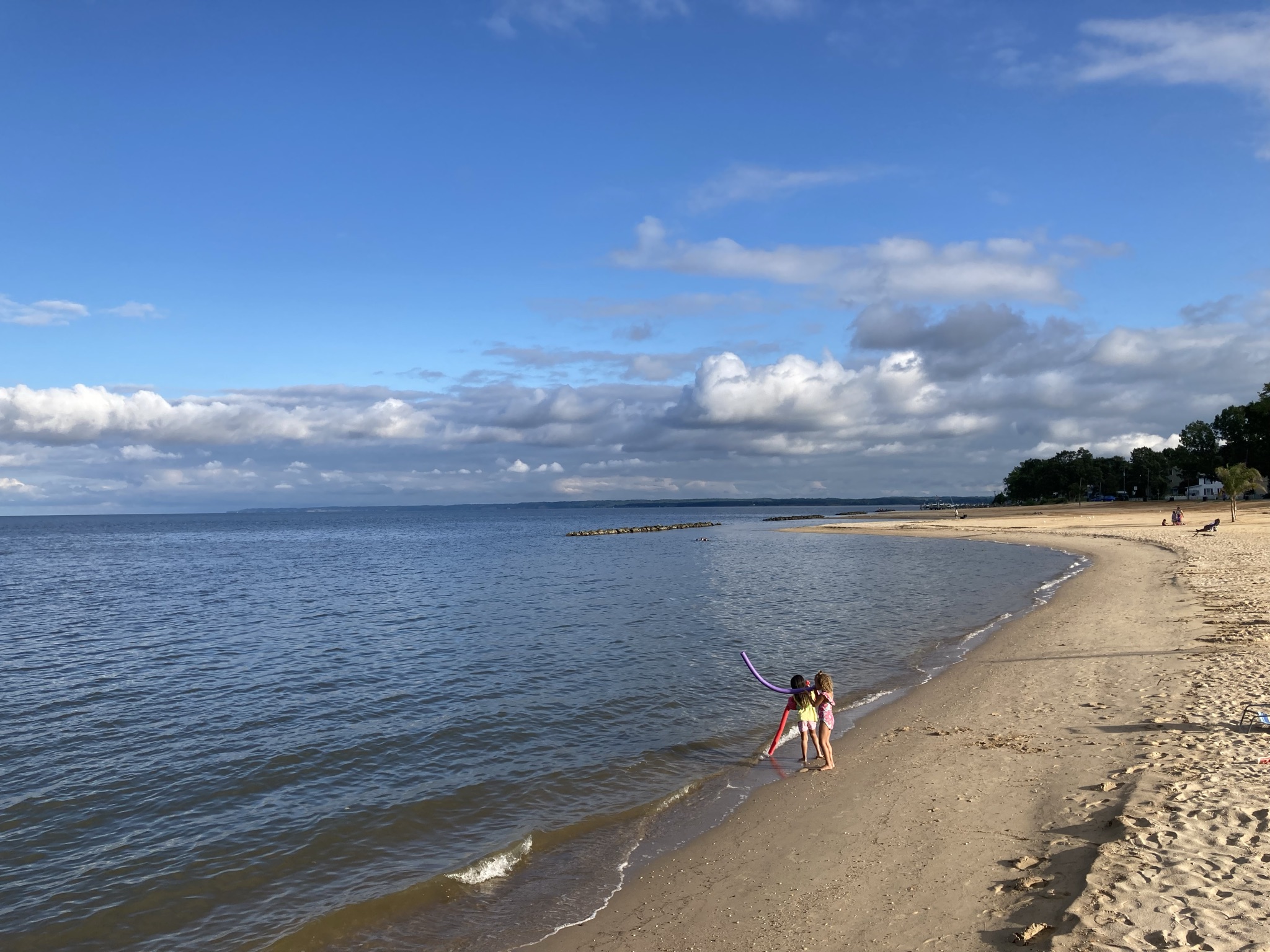
Got PFAS?
Many Americans' water is now contaminated with PFAS chemicals.

By Shannon Halinski
PFAS has now been detected at 2,858 individual sites around the US according to the Environmental Working Group, who also estimated that in 2020, 200 million Americans drink water that contains PFAS everyday. A new report from Environment America Research & Policy Center in conjunction with the Frontier Group and PIRG Education Fund explores the contamination in more depth.
What is PFAS?
PFAS stands for per and polyfluoroalkyl substances. Their other nickname is ‘forever chemicals.’ The rather apt moniker refers to their pesky quality of sticking around- PFAS chemicals seldom decays in nature on their own. Once it’s in our environment, or even our bodies, it’s there to stay. Given this quality and the widespread use of PFAS, it should be no surprise that it is estimated that almost every American has PFAS in their blood.
Is PFAS bad for you?
PFAS exposure has been linked to several different types of cancer, including kidney cancer, and a decreased immune and vaccine response. Recent research has linked exposure to impacts on hormones important for children’s growth and development.
How do you know if your water is contaminated?
While drinking water utilities are not currently required to test for PFAS, the PFAS Project Lab staff have carefully assembled data to create an interactive map of known and presumed pollution across the country.
At many of these sites, contamination results from industrial manufacturing or the use of PFAS-containing firefighting foams at military installations and airports.
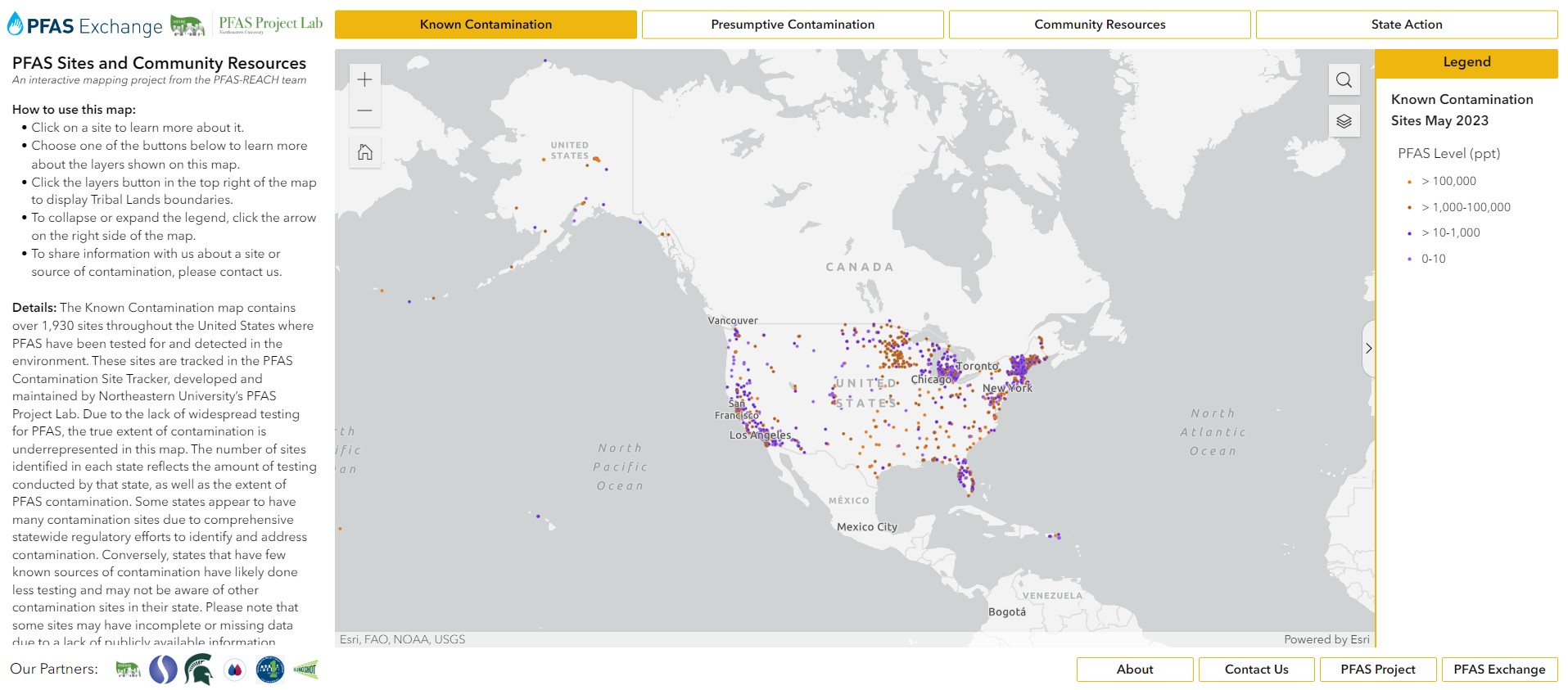
We’re working to turn off the tap on toxic chemicals. No one should unknowingly drink toxic water. We need to stop the output of toxic chemicals into our environment, and ourselves.

The Threat of “Forever Chemicals”
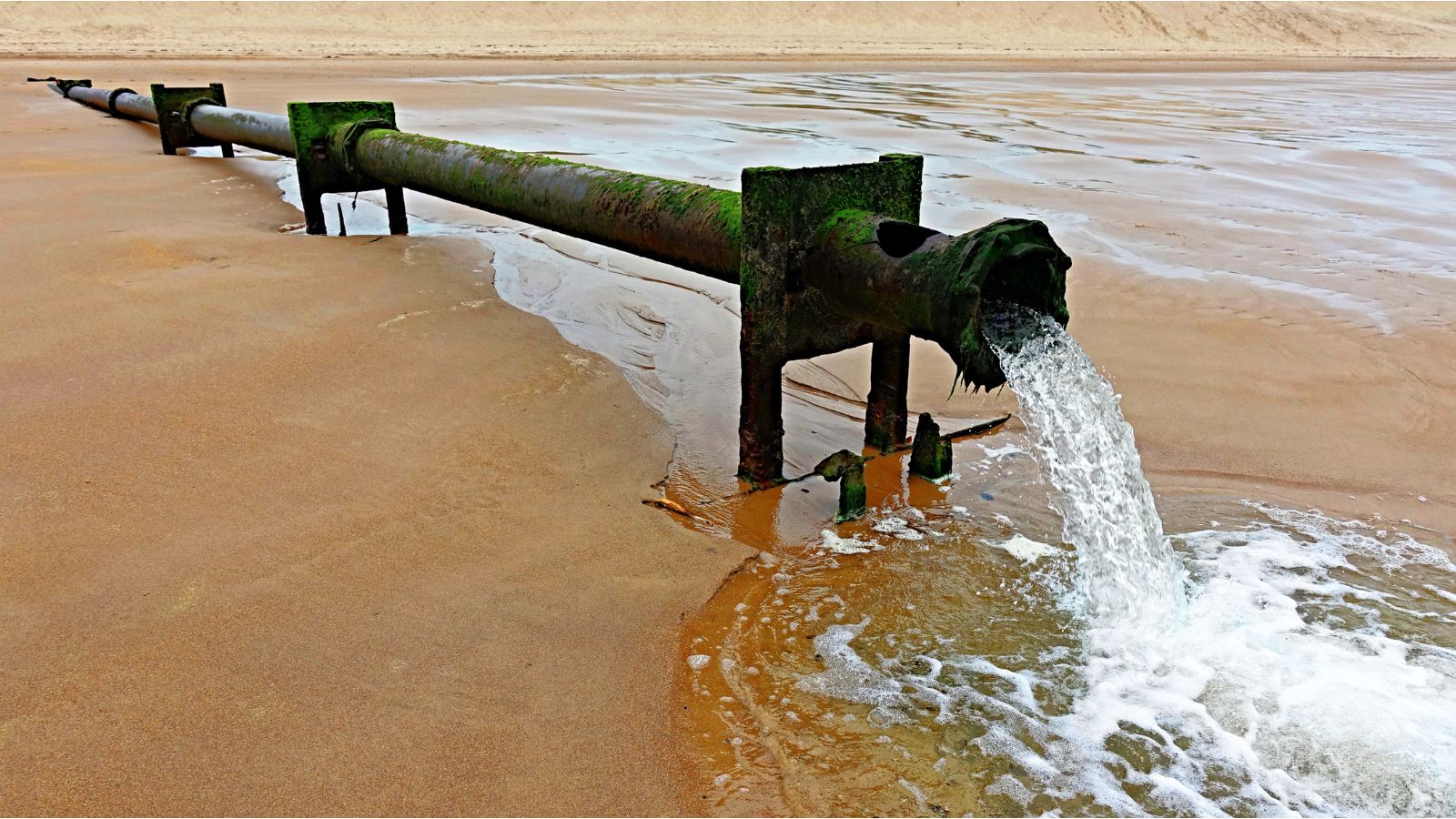
Topics
Authors
Lisa Frank
Executive Director, Washington Legislative Office, Environment America; Vice President and D.C. Director, The Public Interest Network
Lisa directs strategy and staff for Environment America's federal campaigns. She also oversees The Public Interest Network's Washington, D.C., office and operations. She has won millions of dollars in investments in walking, biking and transit, and has helped develop strategic campaigns to protect America's oceans, forests and public lands from drilling, logging and road-building. Lisa is an Oregonian transplant in Washington, D.C., where she loves hiking, running, biking, and cooking for friends and family.
Emily Scarr
State Director, Maryland PIRG; Director, Stop Toxic PFAS Campaign, PIRG
Emily directs strategy, organizational development, research, communications and legislative advocacy for Maryland PIRG. Emily has helped win small donor public financing in Baltimore City, Baltimore County, Howard County, Montgomery County, and Prince George's County. She has played a key role in establishing new state laws to to protect public health by restricting the use of antibiotics on Maryland farms, require testing for lead in school drinking water and restrict the use of toxic flame retardant and PFAS chemicals. Emily also serves on the Executive Committees of the Maryland Fair Elections Coalition and the Maryland Campaign to Keep Antibiotics Working. Emily lives in Baltimore City with her husband, kids, and dog.
Find Out More
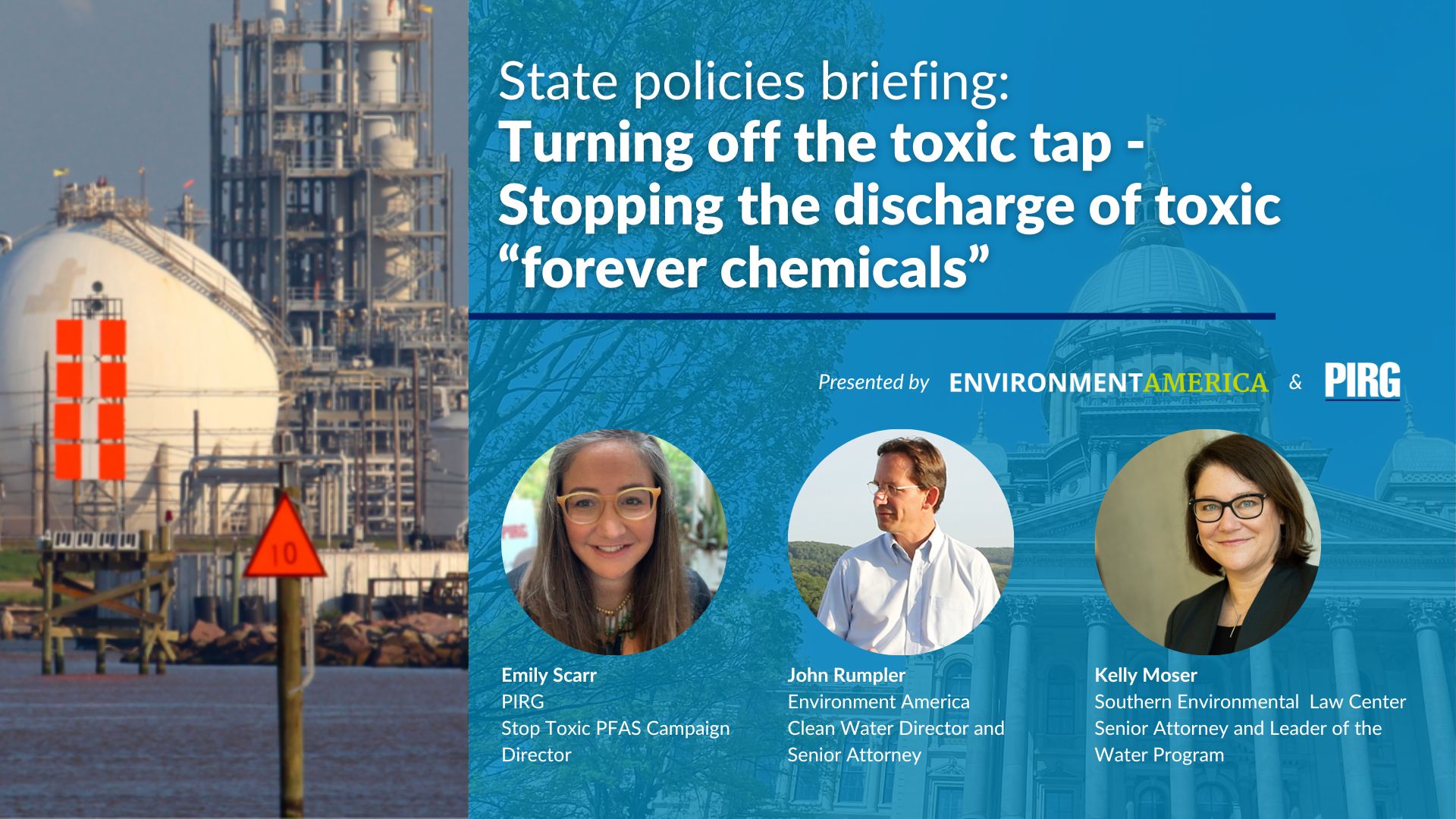
Event highlights role of states in stopping industries from dumping toxic PFAS
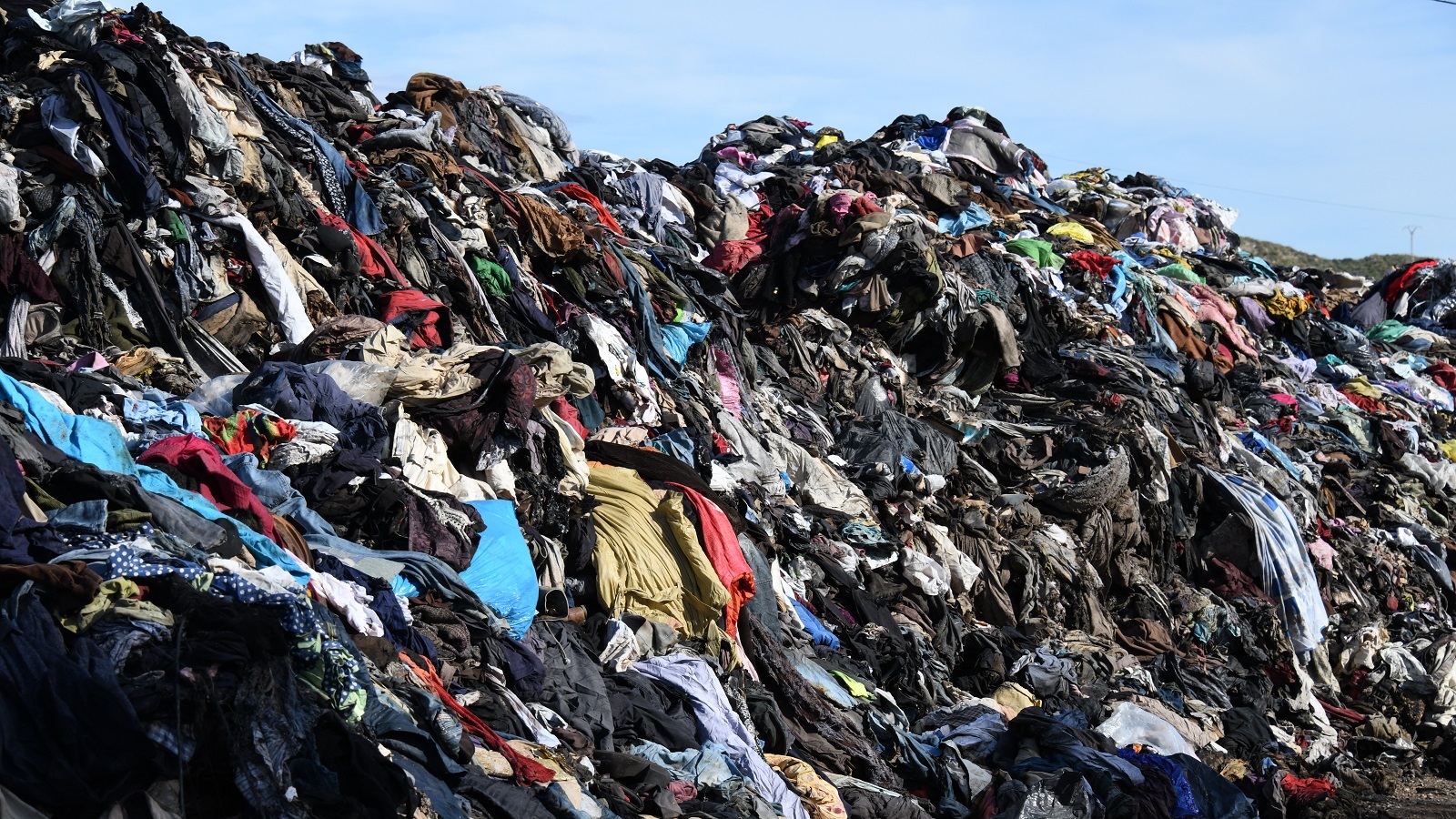
What’s the problem with fast fashion?

Baaj Nwaavjo I’tah Kukveni – Ancestral Footprints of the Grand Canyon National Monument
